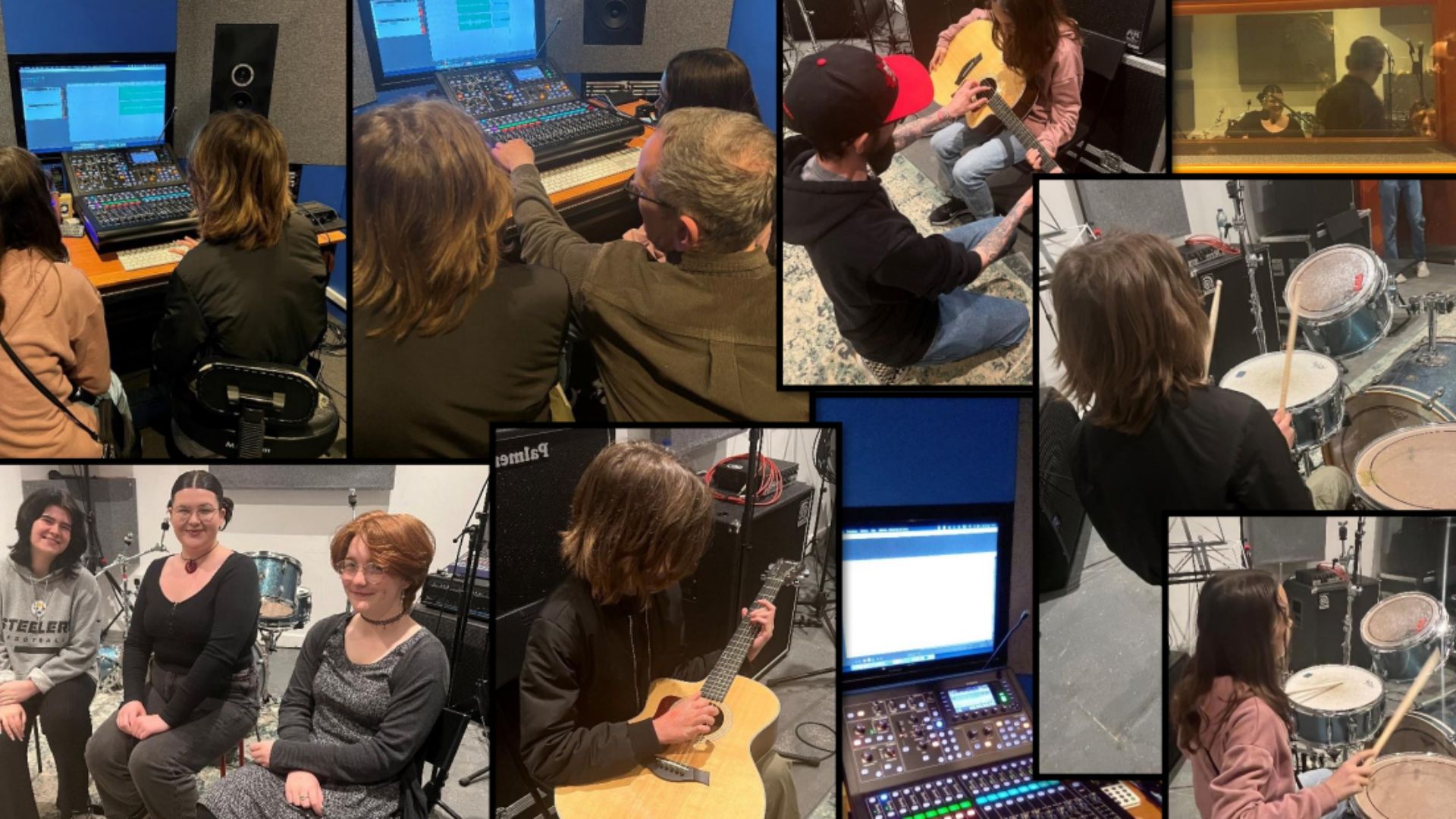
What are the changes in general practice that young people should know about?
General practice is no longer about just doctors and nurses. Whilst general practitioners (GPs) remain central to the provision of primary care services, general practice now employs a far wider range of healthcare professions than before.
The introduction of Primary Care Networks (PCNs – there are two covering Harborough) has increased the employment of what the NHS calls “additional roles”. They employ Social Prescribing Link Workers (SPLW), Health and Wellbeing Coaches (H&WC), Clinical Pharmacists, First Contact Physiotherapists, Care Coordinators and Mental Health Practitioners. All of these roles allow patients to be supported locally without the need to travel to access services.
Specifically, these roles cover:
- Social Prescribers take referrals from GPs, nurses and others and work with individuals to determine what non-clinical services they need and then signpost and refer onwards.
- Health & Wellbeing Coaches work in conjunction with SPLWs and provide a greater level of input to individuals. H&WCs determine the best plan for individuals and work with them to implement those plans which can include physical exercise and other activities.
- Clinical Pharmacists tend to work with more complex individuals who need a regular review of their medications to ensure the best treatment is prescribed and the best control is achieved for their conditions. These can be face-to-face appointments as well as telephone consultations.
- First Contact Physiotherapists work within general practice and can see patients with musculoskeletal problems ranging from sprained ankles to pulled shoulders and other aches and pains. Patients can receive advice, guidance and treatment plans within days of experiencing the problem and these problems can be treated early and resolve themselves without becoming chronic problems.
- Care Coordinators complement the work of Social Prescribing Link Workers and Health Coaches and work with individuals who have complex medical and non-medical needs by helping coordinate their access to the correct care either via external agencies or through the internal teams.
- Mental Health Practitioners are new roles where trained mental health nurses work within general practice to see patients with mental health issues that don’t need acute secondary care.
All of the above compliment and support the nurses, doctors, healthcare assistants and administration staff who continue to provide primary care within GP’s surgeries.
How to access services
Health information is available in several ways. You no longer have to ring and speak to a person on the phone or book an appointment face-to-face. You can access your practice online with questions, ordering of prescriptions etc. and there are resources on the Cross Counties Healthcare Primary Care Network website where you can see the latest updates on provision in the local area. You can have a virtual meeting with your clinician and don’t even need to go into the practice. At your GP practice you can get advice on lots of specific things: healthy eating, exercise and fitness, smoking/alcohol/drugs, diabetes, sexual health and more.
Where can young people go for general health advice locally?
- Use the NHS app (free) for information and a symptom checker
- Speak to someone you trust i.e., family/friend/school teacher/school nurse
- Your local chemist can offer some good advice. All pharmacists are highly trained and can offer a confidential space if necessary
- Visit your local library and access the Reading Well for guides on health and wellbeing for young people




